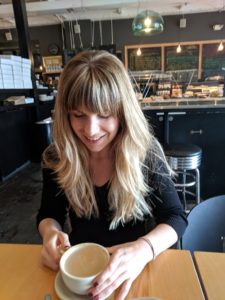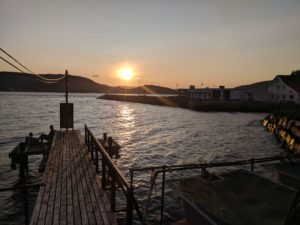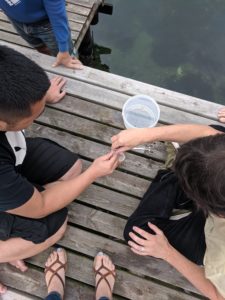
For many PhD students, the topic you came to study as a first year is not the topic you end up working on for your dissertation. And for some of these students, the subfield you specialize in during your coursework is not the subfield your work ends up falling within. I was one of these (un)lucky students. As a biological anthropologist, I have always been comfortable integrating concepts from disparate fields into my research. In my work, I’ve dabbled in geochemistry, anatomy, archaeology, histology, and many other areas. However, it wasn’t until I started developing my dissertation proposal that I realized the questions I was most interested in exploring were best answered with genetic data. So began my quest to become a geneticist.
Population genetics is an incredibly difficult subject to self teach. There’s a plethora of confusing and redundant terminology, few online resources to guide you from basics into more advanced concepts, and many, MANY software packages with unclear documentation. To help navigate this complex world, I began seeking out in-person workshops that would give me an opportunity to learn alongside the experts that developed the digital tools I plan to use in my research. Luckily, several colleagues at City College informed me of an upcoming workshop in Norway which focused primarily on comparative phylogeographic methods– exactly what I needed!
The Provost’s Digital Innovation Grant (PDIG) provided the funding necessary for me to travel to Tollboden Marine Research Station in Drøbak, Norway, just an hour south of Oslo, for the “Model-based Inference in Phylogeography” workshop organized by UiO:Life Science and the Research School in Biosystematics (ForBio). During this workshop, I had the invaluable opportunity to learn the basics of several different software packages directly from the researchers that developed them. For those that may be interested in this kind of work, all workshop materials are freely available on the course website.
Our group was comprised of an extremely diverse group of researchers, including mycologists, plant biologists, herpetologists, bioinformaticians, anthropologists, and more. We lived and worked together for a week, coding by day and exploring the pristine marine ecosystem around the research station together every evening before cooking dinner together and then retreating to our shared bunk beds. This unique setup facilitated an enriching cross fertilization of ideas that brought new perspectives to my research and left me feeling revitalized and ready to continue my population genetics journey!






One comment
Comments are closed.